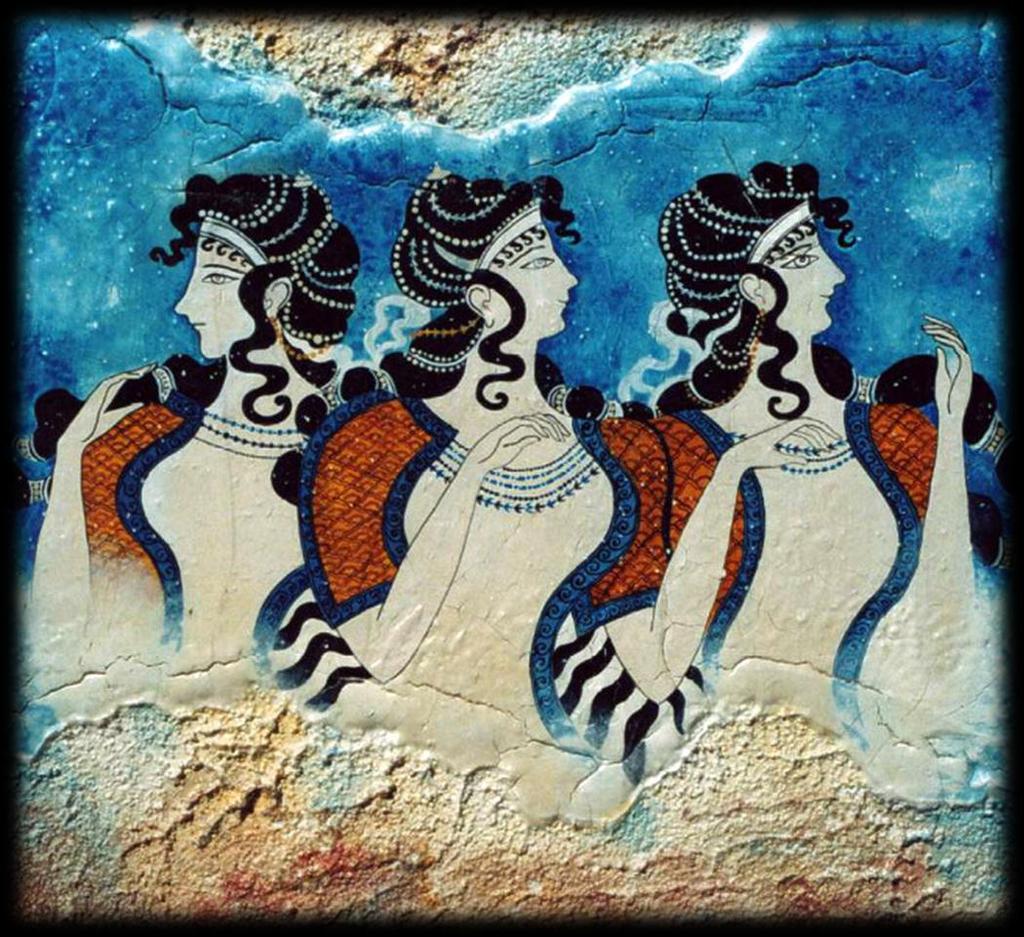
The word civiltà (civilisation) derives from the Latin civilitas, which in turn is derived from the adjective civilis meaning regarding the civis (citizen) or the civitas (city).
The civitas was the basic cell of the Roman world because it was a place of civilisation where the community was governed by the same laws, thus combining culture and law.
Isidore of Seville (6th-7th century AD) defines civitas in the Etymologies (XV, 2, 1) as follows:
The city (civitas) is a multitude of men gathered by a social bond, which takes this name from the citizens (cives), that is, the very residents of the city (urbs) […] indeed the urbs is made by the walls themselves, but the civitas takes its name not from the stones, but from the inhabitants.
In Roman times, in fact, the city was the intermediate link in society, between the family and the state, since the city shared not only urban planning aspects, but also legal, political, social and economic ones.
From city to civilisation. Civilisation is a complex word, as it includes aspects of the material, social and spiritual life of a people. As well as having a rich meaning, the term also has its own particular history of violence, discrimination and abuse because it has often been the banner of ‘civilisation’ under which religious, conquest or colonial wars have been fought. It is often included in rhetoric that advances arguments of dissociation, of us against them, civilisation against barbarism, progress against obscurantism.
Although it is therefore not a neutral term, it is interesting to recover the semantic cues that its etymology can give us, that is, to rethink the knot of legal, political, social and economic issues that the civitas brought with it. The local characterisation of the latter has been lost in the global scale of our world, but the idea that belonging to the enlarged community of mankind entails rights that must be protected by laws is an idea that we cannot fail to share. Perhaps it would be enough not to think in terms of discrete civilisations, but of a single one, the human one. In this way, civilisation would become an instrument and banner of social justice.
In the field of health and well-being we are still far from achieving this goal, and Carol-Ann Farkas reflects on this. Narrative medicine becomes an instrument of social justice because it allows listening and understanding of the other, explain the spokesmen of Adelante Dolmen and Vivere Onlus. Finally, a story of commitment to social justice, without narrative projects, but born from the ability of six young dentists to listen, the story of the Làbas Voluntary Dental Clinic in Bologna.
Please leave us a word for your feeling of civilisation.
